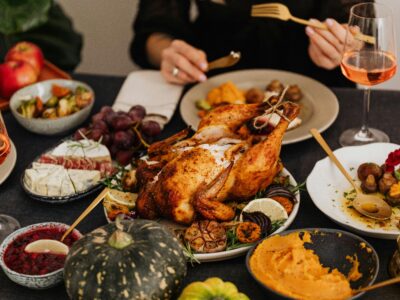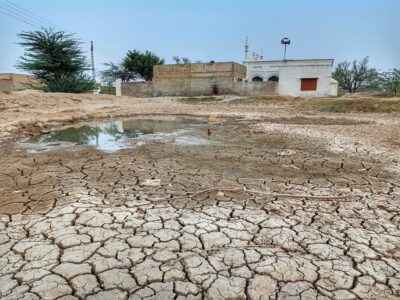By Crystal Pereira

I asked my three-year-old, curly-headed son if he knew where corn came from. “Yes. The store,” he said tilting his head downward, keeping his eyes on mine. I chuckled a bit, reminding myself to stay in mom mode and that I was talking to a little guy. “The store” wasn’t a response I was expecting considering the amount of time we spend growing small things at home such as herbs and jalapeños. But, he was right, we did get the corn from the store.
I consider myself to be one of those moms who is always conscious of what her child is eating. Having a background in food and nutrition only adds fuel to the nonstop thoughts. Is he getting enough vegetables? Is he lactose intolerant like myself? Should I give him this crap milk? Can I give him my delicious home-baked cookie? Have I taken him to the farmer’s market lately? And what is my mother feeding him when I am not around?
The list goes on. The worry, the guilt, the determination. Our food system has become a disaster with its endless confusing profit-driven advertising and recommendations. The government has made very little progress considering the rate of diet-related consequences that are rising. As individuals, we have forgotten how to eat, and our children who are learning from us will never know if we don’t take an imperative course of action.
Overweight children and obesity are plaguing developed countries accumulating into a global health issue. Prevention and intervention programs are sprouting, racing to help children with their unhealthy eating lifestyles. In the article “Current Guidelines for Obesity Prevention in Childhood and Adolescence,” Weihrauch-Blüer and colleagues compile global research studies outlining proven methods of prevention. According to them, demonstrating healthy eating habits by parents or guardians can be very beneficial for children in fighting obesity. Further, Gable and Lutz in “Nutrition Socialization Experiences of children in the Head Start Program,” a study on children’s socialization at head start and at home, helps us understand that early socialization on nutritional experiences are critical for the youngsters to adopt a healthy eating.
The bottom line is simple. Eat better, fill your plates with dark leafy greens and your kid is bound to follow. The process, however, is hard and discouraging when all you want after a long exhausting day is to order the greasy kind of take-out food. It is equally challenging when you’ve actually set aside time to make a delicious vegetable dense meal, just for your child to say, “I don’t like that.” I then remind myself, that one off day is not the determining factor of my child’s food choices. Four days of healthy eating is still really good progress. I need support. I need reminders. I believe many of us do. We are essentially fighting back decades worth of brainwashing, of confusing advice of what can go on your plate. Yet, the checkout line at the market is still lined with sugary drinks and the same candies that don’t seem to go out of style.
Where am I going with this? I signed up to volunteer at our community garden tending to three hens. I take my son out of the city and into this garden with me. I teach him how to care for the hens while exposing him to the bountiful produce that surrounds us. This simple act is my reminder. To fight childhood obesity and unhealthy eating practices is to first know, then love, where our food comes from. The second is to love what you eat (vegetables of course), intentionally, genuinely and honestly. Your joy for food and its original source will radiate and reach your child as you greedily enjoy the local corn on the cob. Perhaps he will ask for the Swiss chard instead. There is no corn at the community garden, but I am hopeful that very soon he will understand our food system is much more complex than what is presented, and that its complexity deserves our respect. The farmers who harvest our foods understand the important act of eating the earth’s fruit. I hope that our many positive food experiences do take the form we all desire as our children grow up.
This post was originally published on the blog of the Earth Institute Center for Environmental Sustainability.
Crystal Pereira is a student in the SEE-U NYC course on the agroecosystems of New York City, New York State, and the surrounding environs.



